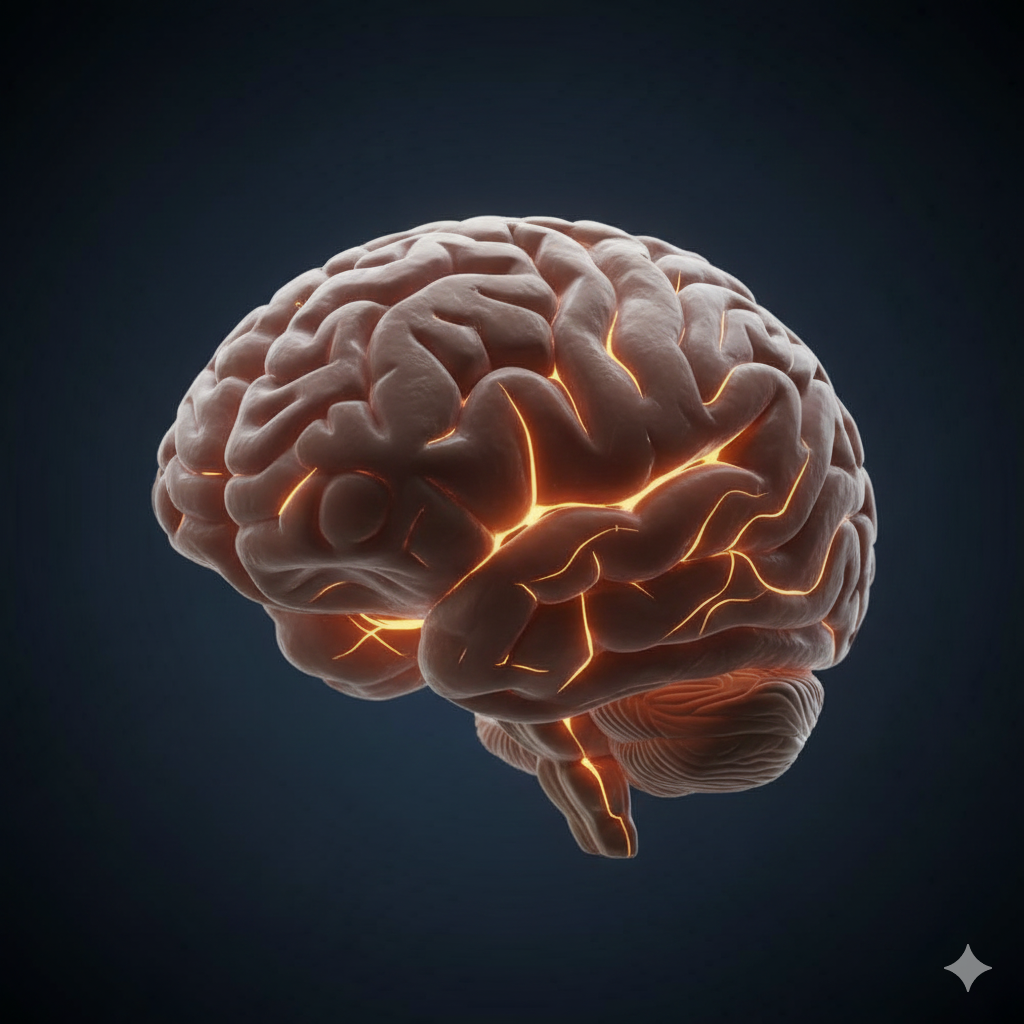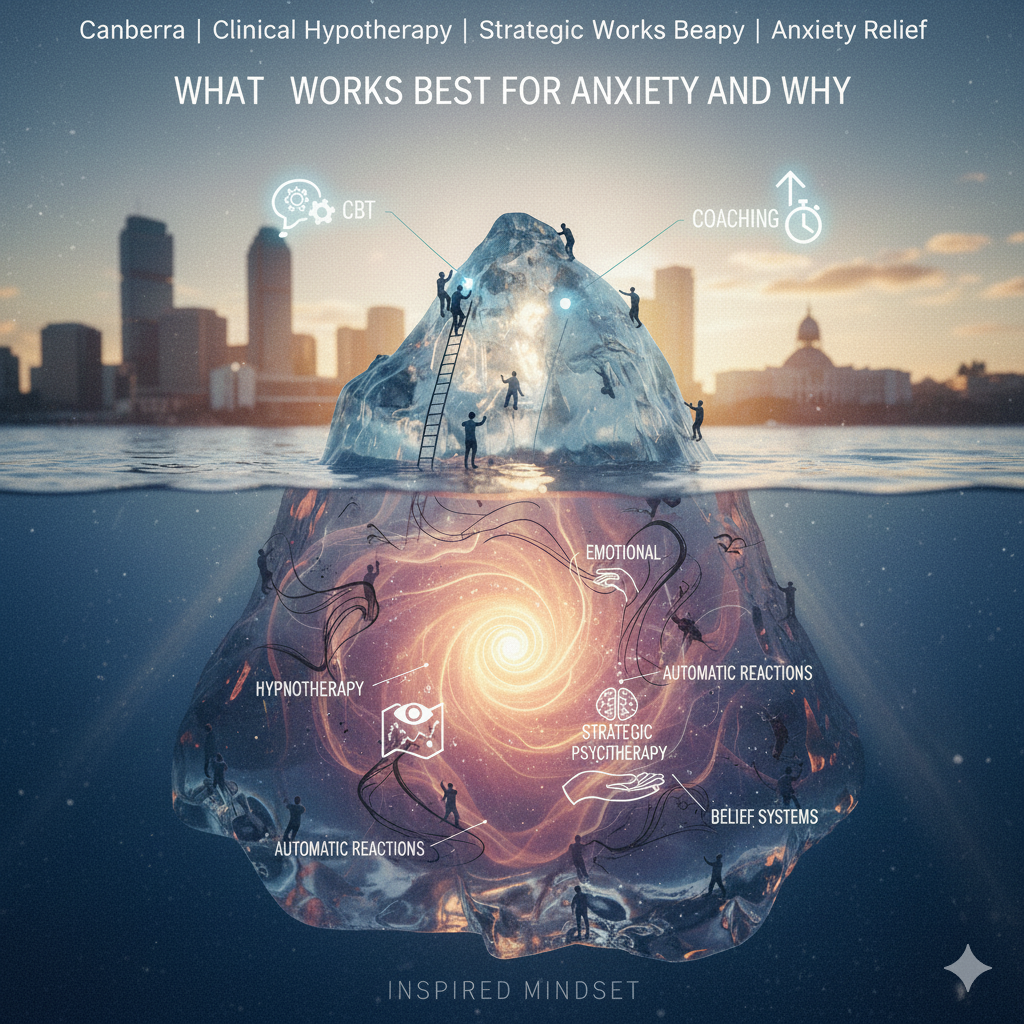Hypnotherapy For Alcohol Addiction

Image by senivpetro on Freepik
Overcoming alcohol addiction can be a challenging and complex endeavor. Despite years of effort, Australia's ongoing toll of alcohol-related deaths, injuries, and illnesses remains alarmingly high. Sadly, traditional alcohol treatment solutions such as Alcoholics Anonymous only reach a small minority. And despite some progress, treating alcohol use disorder remains a challenge. Prevention efforts have had their merits, but alcohol dependence persists without sufficient treatment options.
In this blog, we'll explore different therapeutic methods, with a particular focus on
hypnotherapy. This therapeutic technique aims to uncover and modify the root causes of addiction, offering a unique perspective on the path to recovery. Read this blog to explore the role of hypnotherapy in alcohol misuse, as we unravel its potential benefits and the transformative possibilities it holds for those seeking a way out of the grips of alcoholism.
What is Alcoholism?
Alcohol use disorder (AUD), commonly referred to as alcoholism, is a medical condition characterised by a problematic pattern of alcohol consumption that leads to clinically significant impairment or distress. It encompasses a range of symptoms and severity levels, ranging from mild to severe, and its impact can extend to various aspects of an individual's life, including physical health, mental well-being, and social relationships.
How does Hypnotherapy work for Alcoholism?
Hypnotherapy for alcoholism works by inducing a trance-like state to access the subconscious mind. In this altered state of awareness, a trained hypnotherapist can work with individuals to explore and address deep-seated thoughts and behaviors related to alcohol use.
This process will help identify the root causes of addiction, such as stress, anxiety, insomnia, trauma, or ingrained patterns. With this approach, an individual can gain insights into their motivations for drinking and develop strategies to change their behavior and later on stop drinking.
What are the common symptoms of Alcoholism?
Alcoholism can range from mild to moderate or severe. Some common signs and symptoms of alcoholism may include:
- Alcohol is often taken in larger amounts or over a longer period than was intended.
- There is a persistent desire or unsuccessful efforts to stop drinking or control alcohol consumption.
- A great deal of time is spent in activities necessary to obtain alcohol, use alcohol, or recover from its effects.
- Craving, or a strong desire or urge to use alcohol.
- Recurrent alcohol use resulting in a failure to fulfill major role obligations at work, school, or home.
- Continued alcohol use despite having persistent or recurrent social or interpersonal problems caused or exacerbated by the effects of alcohol.
- Important social, occupational, or recreational activities are given up or reduced because of alcohol use.
- Recurrent alcohol use in situations where it is physically hazardous.
- Alcohol use is continued despite knowledge of having a persistent or recurrent physical or psychological problem that is likely to have been caused or exacerbated by alcohol.
- Tolerance, as defined by either a need for markedly increased amounts of alcohol to achieve intoxication or the desired effect or a markedly diminished effect with continued use of the same amount of alcohol.
- Withdrawal, as manifested by the characteristic withdrawal syndrome for alcohol or drinking (or using a closely related substance) to relieve or avoid withdrawal symptoms.
What are the stages of Alcohol Use Disorder (AUD)?
AUD is a chronic relapsing brain disorder characterised by an impaired ability to stop drinking despite adverse social, occupational, or health consequences. It is diagnosed based on the severity of symptoms, which can be categorised into three stages:
Early Stages
Early-stage alcoholism is characterised by the initial signs of problematic alcohol consumption. During this stage, individuals may still be able to fulfill major life obligations but they may exhibit increased tolerance, a growing preoccupation with alcohol, and occasional episodes of excessive drinking. This is also where intervention and support can be impactful in preventing the progression of alcohol-related issues.
Mid-stage Alcoholism
This stage typically refers to the intermediate phase in the progression of alcohol use disorder (AUD). In this stage, individuals may experience escalating challenges related to their alcohol consumption. This could include more pronounced physical, psychological, and social consequences.
End-stage Alcoholism
This refers to the most advanced and severe phase of alcoholism. In this stage, individuals typically face significant physical, psychological, and social consequences due to chronic and heavy alcohol consumption. Severe health problems may also begin to develop such as liver cirrhosis, cardiovascular issues, neurological damage, and a compromised immune system. Additionally, individuals in this stage may experience profound disruptions in personal relationships, employment, and overall functioning.
How is Alcohol Use Disorder treated?
Alcohol addiction treatment typically involves a combination of therapies, counseling, hypnosis for alcoholism, and, in some cases, medications. Depending on the severity of the disorder, some common AUD treatments include:
Hypnotherapy
Clinical hypnosis for alcoholism or hypnotherapy, is specifically designed to help individuals stop drinking. Hypnosis involves inducing a relaxed state of focused attention to access the subconscious mind, where deeply rooted thoughts and behaviors may be addressed. Integrating clinical hypnosis into a comprehensive treatment plan, which may include elements from cognitive and clinical neuroscience, counseling, support groups, and medical interventions, can enhance its effectiveness.
Behavioural Therapies
Various therapeutic approaches, such as Cognitive-Behavioral Therapy (CBT), Motivational Enhancement Therapy (MET), and Contingency Management, are common therapies that are used to stop drinking and address patterns of behavioral and physical complaints that are related to alcohol addiction.
Counseling
Individual or group counseling sessions provide a supportive environment for individuals to explore the underlying issues contributing to their alcohol misuse and develop coping strategies. Through counseling sessions, individuals can gain insights into the root causes of their alcohol addiction and work collaboratively with therapists to develop personalised coping strategies.
Support Groups
Participating in support groups like Alcoholics Anonymous (AA) can offer a sense of community and shared experiences as well as promote ongoing sobriety. These groups not only allow individuals to openly discuss challenges, receive encouragement, and build a network of understanding peers, but they also foster a sense of belonging crucial for ongoing sobriety.
Medical Detoxification
For individuals with severe AUD, medically supervised detoxification may be necessary to manage withdrawal symptoms safely. This professional oversight is crucial in addressing the physical aspects of alcohol addiction and promoting a secure transition toward recovery.
Inpatient or Outpatient Programs
Depending on the severity of the disorder, individuals may opt for inpatient or outpatient treatment programs. Inpatient programs involve residing at a treatment facility, while outpatient programs allow individuals to receive treatment while living at home.
Medications
Those fighting their battle against alcohol use disorder have a tricky road ahead. One treatment option that is commonly used is disulfiram, commonly known as Antabuse. If you take it daily and then drink, your blood pressure will drop drastically, and you'll feel like the end is near! Unfortunately, many people realise they can avoid taking the medication for short periods before indulging in binge drinking again, an ever-ongoing cycle that makes beating alcohol misuse even more difficult.
Although physicians sometimes prescribe drugs such as Naltrexone to reduce an individual's alcohol consumption, these treatments have not been proven successful to stop drinking problems. Naltrexone works by blocking endorphins and denying drinkers their sought-after rush. However, this approach has failed to lessen pathological drinking habits significantly.
What can you expect during hypnosis for alcoholism?
Before the hypnotherapy session, a trained hypnotherapist will discuss your goals and explain the process. The therapist will use calming images and gentle language to guide you into a receptive state. While relaxed, they'll suggest ways to stop drinking and may lead you through visualizations of achieving your goals, helping you navigate situations where you successfully manage cravings and resist temptations.
This is where you can expect to experience a deeply relaxed state where your focus and concentration heightened. In this altered state of awareness, individuals may become more open to suggestion and become receptive to therapeutic interventions. Individuals typically remain in control and aware, and the process is collaborative, with the hypnotherapist acting as a guide to facilitate positive changes in mindset and behavior.
Takeaway
Battling physical alcohol addiction is not easy. While alcohol provides an escape from anxiety, low self-esteem, trauma, and other psychological issues, it's often only temporary as reality comes crashing back after the hangover passes. Binge drinking and its harmful effects can make us desperate for a solution. But don't worry, there's hope!
Hypnosis for alcoholism techniques can help you maintain control, and individuals have a tool at their disposal that offers an effective line of defence against alcohol cravings. Hypnotherapy has been gaining increasing recognition as an effective aid in the fight against alcoholism and alcohol abuse, working to actively stop drinking habits and create positive change at more profound levels of consciousness. Particularly for those struggling against alcoholism, hypnotherapy has been used effectively to help them gain control over their inner demons and address the underlying emotional problems that fuel alcohol abuse.
So if you are you looking for a fresh start to put your alcohol use disorder in the past and stop drinking, hypnosis for alcoholism is an innovative and promising approach to consider. At Inspired Mindset, whether you prefer our convenient Canberra location or you prefer our online sessions, we offer comprehensive support and tools to help you regain control over your drinking. Get in touch with us today and a skilled hypnotherapist can help you tackle issues related to excessive drinking.


















